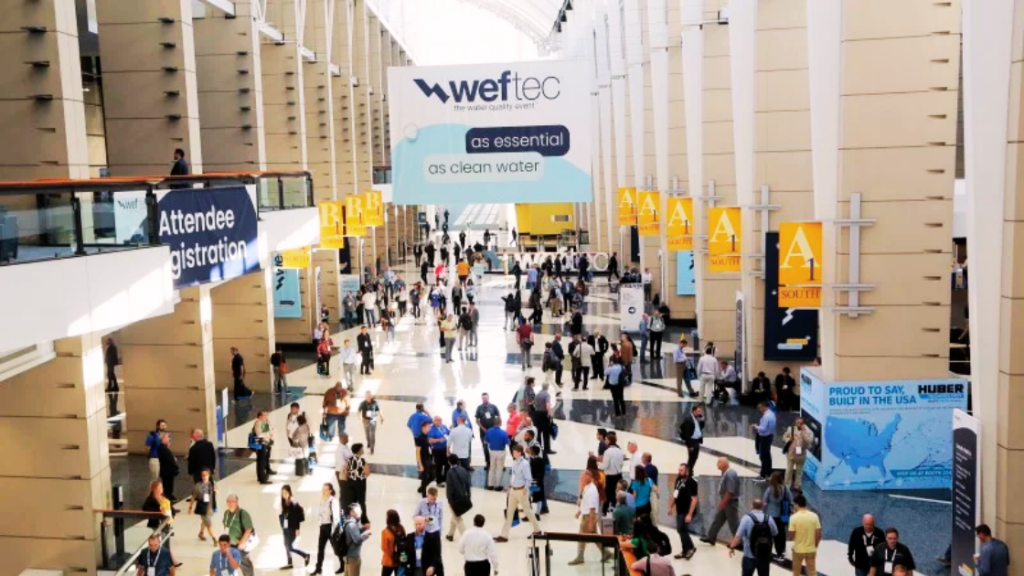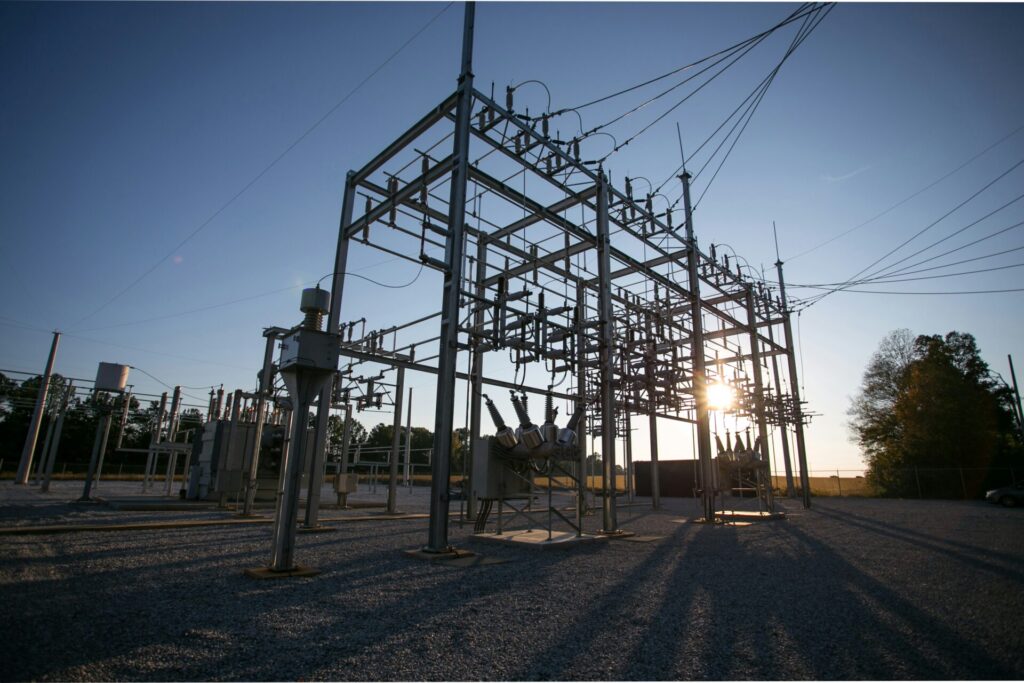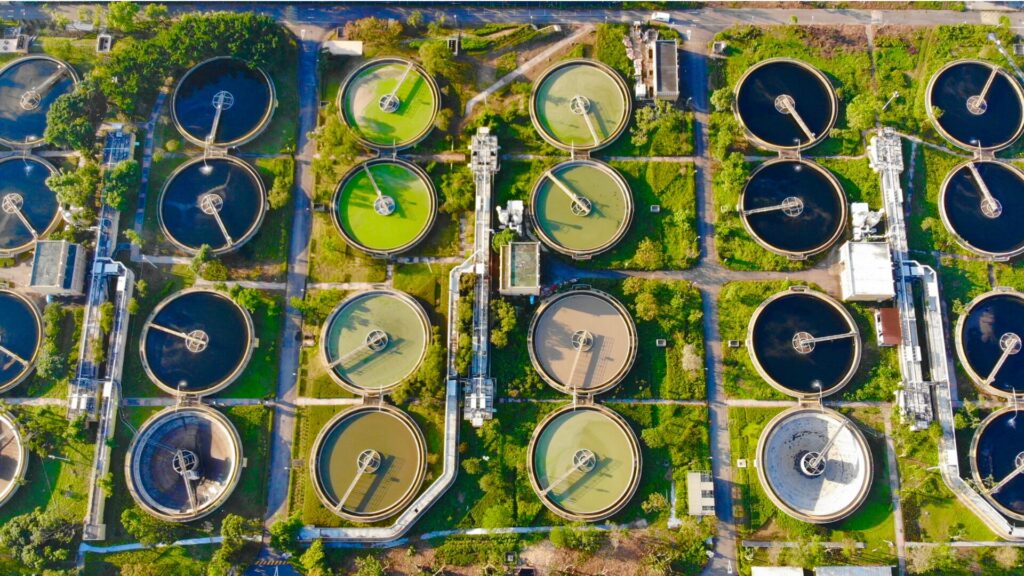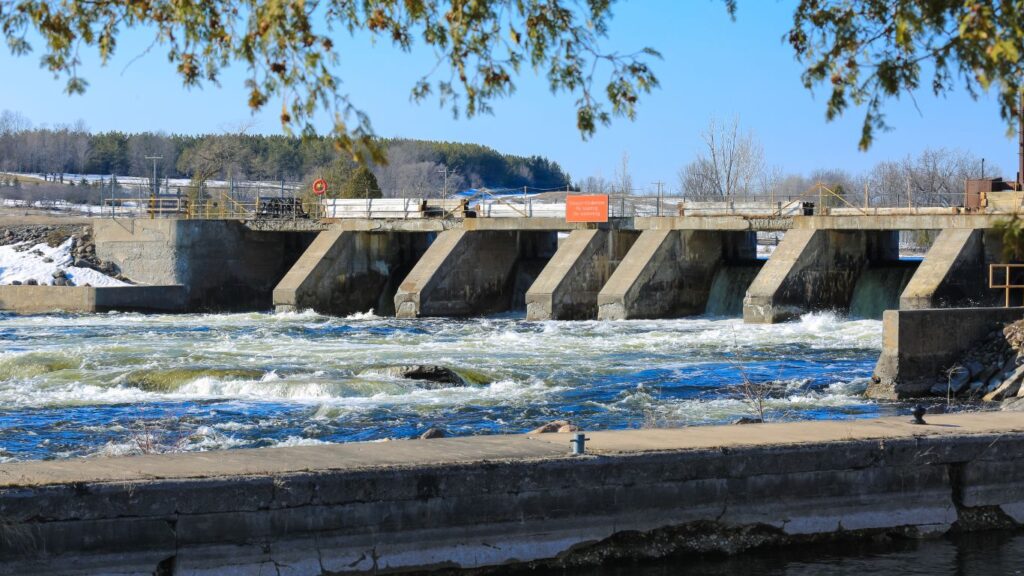PFAS, or “forever chemicals,” are highly persistent synthetic compounds that have contaminated soil, water, and wildlife, as seen in recent UK studies detecting them in otters and dolphins. For environmental managers, business owners, and property developers, tackling PFAS contamination in environmental engineering is crucial to ensuring regulatory compliance, minimizing business disruptions, and implementing cost-effective remediation strategies. Hiring the right PFAS consultant is essential, as their expertise can guide effective solutions and mitigate environmental and financial risks. Here are a few things to consider for 2025 and what to look for when hiring a PFAS consultant.
Understanding the Role of a PFAS Consultant
A PFAS consultant is essential for accurately assessing contamination, navigating complex environmental regulations, crafting effective environmental remediation strategies, and communicating potential risks to stakeholders. With the expertise, the right environmental consultant can ensure thorough site evaluations, regulatory adherence, and customized cleanup solutions that minimize both environmental impact and financial liability.
Why Specialized PFAS Knowledge Is Crucial When Hiring a Consultant
PFAS chemicals have unique properties that make them persistent in the environment and potentially harmful to human health, requiring a level of expertise beyond standard environmental consulting. A consultant with specialized knowledge of PFAS is better prepared to create effective remediation plans and ensure compliance with strict regulations, ultimately safeguarding both the environment and public health.
What a PFAS Consultant Equipped With the Right Tools Can Accomplish
A PFAS consultant equipped with tools like the Transcend Design Generator can significantly improve the assessment, management, and remediation of PFAS contamination. This tool helps design cost-effective, tailored remediation strategies, accelerates decision-making with quick simulations, ensures compliance with regulatory standards, enhances communication with stakeholders, and reduces environmental and financial risks by streamlining the process. Ultimately, it enables consultants to deliver efficient, compliant, and effective solutions for both clients and the environment.
Learn More About The Transcend Design Generator For The Water Industry!
Essential Qualifications and Experience
When selecting a PFAS consultant, it is crucial to evaluate their qualifications to ensure they have the necessary expertise to handle the complexities of PFAS contamination. Consider the following key factors:
Certifications and Licenses
A qualified PFAS consultant should hold relevant environmental certifications and professional licenses that demonstrate their expertise in environmental assessment, remediation, and regulatory compliance. Key credentials include:
- Professional Engineer (PE): Indicates a high level of technical expertise and the ability to oversee engineering-related aspects of PFAS site assessments and remediation.
- Certified Hazardous Materials Manager (CHMM): Demonstrates specialized knowledge in managing hazardous substances, including PFAS, ensuring compliance with regulations.
- Certified Environmental Professional (CEP): Reflects broad competency as environmental scientists, in regulatory frameworks, and risk assessment, which are critical in addressing PFAS contamination.
- OSHA Hazardous Waste Operations and Emergency Response (HAZWOPER) Certification: Ensures that the consultant is trained to handle hazardous site conditions safely.
- State-Specific Environmental Licenses: Depending on the location, certain states may require specific credentials to conduct environmental investigations and remediation work.
PFAS-Specific Project Experience
PFAS contamination presents unique challenges due to its persistence in the environment, complex regulatory landscape, and evolving scientific understanding. A consultant with hands-on experience in PFAS-related projects will be better equipped to navigate these challenges effectively. Look for expertise in the following areas:
- Site Assessments: Experience in conducting Phase I and Phase II environmental site assessments (ESAs) to identify and quantify PFAS contamination in soil, groundwater, and surface water.
- Remediation Strategies: Knowledge of various treatment technologies, such as activated carbon filtration, ion exchange, and advanced oxidation processes, to mitigate PFAS contamination effectively.
- Regulatory Compliance: Familiarity with federal and state PFAS regulations, including EPA guidelines and state-specific standards, to ensure that remediation efforts align with legal requirements.
- Sampling and Analytical Techniques: Proficiency in PFAS sampling protocols and laboratory analysis methods, such as EPA Method 537.1 or 533, to ensure accurate detection and quantification of PFAS compounds.
- Risk Assessment and Mitigation Planning: Ability to evaluate exposure risks to human health and the environment and develop comprehensive mitigation strategies.
Technical Expertise

Given the persistent and complex nature of per- and polyfluoroalkyl substances (PFAS), technical expertise is paramount in effectively managing contamination issues.
Remediation Technologies
PFAS remediation is complex due to the chemical stability and mobility of these compounds, requiring expertise in various treatment technologies. Effective methods include activated carbon adsorption, ion exchange resins, advanced oxidation processes, thermal destruction, in situ remediation, and membrane technologies, each with its own advantages and limitations.
Selecting the right PFAS consultant is crucial. The consultant must understand these technologies, assess site-specific conditions, and develop cost-effective, compliant solutions to mitigate contamination effectively.
PFAS Chemistry and Environmental Behavior
A deep understanding of PFAS chemistry and environmental behavior is essential for assessing contamination risks and developing effective remediation strategies. These persistent compounds spread easily through water, accumulate in wildlife and humans, and vary in toxicity based on their chemical structure in contaminated sites. Accurate modeling of PFAS migration, knowledge of partitioning behavior, and familiarity with evolving regulatory standards are critical for proper PFAS management.
Hiring the right PFAS consultant ensures expertise in these areas, enabling informed decision-making, regulatory compliance, and effective contamination mitigation.
[elementor-template id=”6900″]
Project Management Skills
Managing PFAS-related projects requires a consultant with strong project management skills to ensure that all aspects, from site assessment to remediation, are executed efficiently, on time, and within budget.
Complex Project Coordination
PFAS projects are complex, requiring careful coordination of stakeholders, regulatory compliance, budget management, scheduling, and risk mitigation. A skilled environmental consultant ensures that site investigations, remediation efforts, and compliance reporting are executed efficiently while aligning with evolving regulations under the Environmental Protection Agency. Their ability to manage resources, anticipate challenges, and maintain clear communication is essential for project success.
Communication Proficiency
Effective communication is essential in PFAS projects, as they involve technical data, regulatory complexities, and public concerns. A skilled consultant must translate scientific findings for non-experts, ensure regulatory and legal clarity, engage with stakeholders, coordinate teams, and manage crisis communications when needed. Clear and transparent communication keeps projects on track, fosters trust, and ensures compliance.
Cost Considerations
Financial considerations are an integral part of selecting a PFAS consultant. Given the complexity and scale of PFAS-related projects, it’s essential to understand the potential costs involved, also ensuring that you are getting the value needed to effectively manage contamination.
Fee Structures
PFAS consultants may use various fee structures, such as hourly rates, fixed fees, project-based pricing, or retainers, depending on the project’s scope and duration. Clarifying these structures at the outset is crucial to align financial expectations and avoid unforeseen costs. Each structure has its benefits, from flexibility with hourly billing to predictable pricing with fixed or project-based fees.
Hiring the right consultant with transparent fee arrangements ensures that the financial aspects of a PFAS project are well-managed and aligned with your budget.
Balancing Cost and Expertise
When selecting a PFAS consultant, it’s crucial to balance cost with expertise. PFAS contamination requires specialized knowledge and advanced technologies to ensure effective remediation and regulatory compliance. While opting for a cheaper consultant might save money upfront, it could lead to inefficiencies, higher long-term costs, and future liabilities.
A qualified consultant can identify cost-effective strategies, avoid legal risks, produce reliable data, and provide sustainable solutions. Prioritizing expertise over cost will ultimately protect both financial resources and environmental health.
Questions to Ask Potential PFAS Consultants
When interviewing potential consultants, consider asking:
Can you provide examples of past PFAS remediation projects you’ve managed?
This helps assess their hands-on experience with PFAS contamination and their ability to manage projects of different sizes and complexities, including the full remediation lifecycle.
How do you stay updated with evolving PFAS regulations?
This gauges their commitment to staying informed on changing standards, research, and regulations at both federal and state levels.
How do you develop and implement remediation strategies for PFAS sites?
Look for a systematic, data-driven approach tailored to specific contamination issues and regulatory compliance, with an emphasis on minimizing environmental impact.
Can you provide references from clients with similar projects?
References from similar projects will validate their expertise and track record of delivering results.
Red Flags to Watch Out For
By watching out for these red flags, you can avoid hiring consultants who may offer ineffective or outdated solutions, and ensure that you select a professional with the expertise and integrity needed to address PFAS contamination effectively.
Unrealistic Promises
Be wary if a consultant promises quick fixes or guarantees complete PFAS removal. Given PFAS’s persistence, no consultant can offer fast, definitive solutions without fully assessing the issue. Overly optimistic claims may signal inexperience or unproven methods. PFAS remediation is a long-term process involving multiple stages and ongoing monitoring.
Lack of Transparency
A reliable consultant should provide references and details of past projects, including challenges and outcomes. Hesitation or refusal to share this info could suggest inexperience or poor results. Transparency builds trust and helps assess their suitability for your project.
Outdated Knowledge
PFAS science and regulations evolve quickly. If the consultant is unaware of new research, treatment methods, or regulatory changes, it may indicate they’re not keeping up with the field. An effective consultant should be familiar with the latest advancements in PFAS testing, technologies, and regulations.
Case Studies or Success Stories
Using the Transcend Design Generator (TDG) by a US Midwest utility highlights the importance of leveraging advanced tools in tackling complex regulatory challenges. Faced with the need to meet new phosphorous limits across multiple wastewater plants, the utility used TDG to streamline the design and evaluation process, reducing what typically takes six months to just one month.
This accelerated approach allowed for cost-effective, regulatory-compliant solutions, such as upgrading one plant with biological phosphorus removal and optimizing others without expanding facilities. The key takeaway is that hiring the right consultant, equipped with innovative tools like TDG, can significantly improve project efficiency, reduce risk, and enable smarter capital planning in response to regulatory changes.
Read More About This US Midwest Utility Case Study!
What to Look For When Hiring a PFAS Consultant: Final Thoughts
Hiring the right PFAS consultant is essential for ensuring regulatory compliance, effective remediation, and long-term business success. A qualified consultant brings specialized expertise and strong project management skills to address PFAS challenges effectively.
Then there are tools like the Transcend Design Generator (TDG) to further enhance this process by helping utilities and engineers design sustainable infrastructure, reduce risks, and accelerate project timelines. TDG enables faster, more accurate outcomes, making it a powerful resource in future-proofing critical infrastructure and optimizing remediation efforts.






